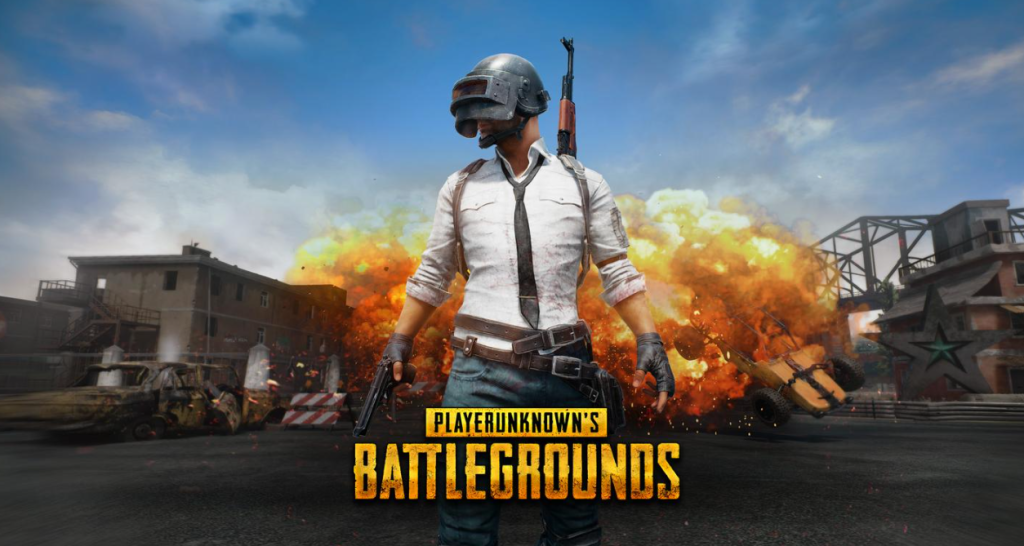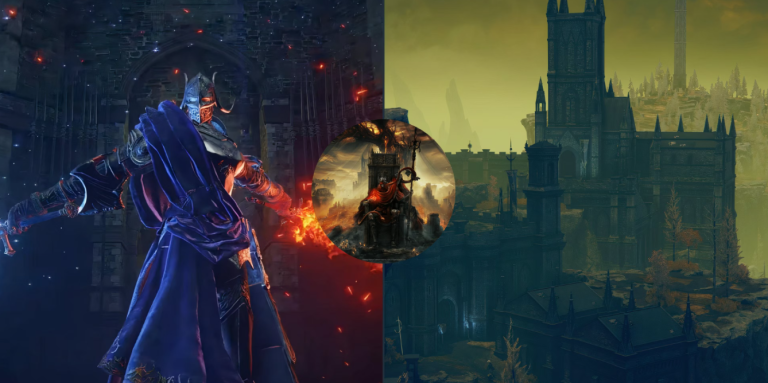
Every year, the PUBG Global Invitational feels like a grand festival for esports fans worldwide, drawing in the best players and legions of viewers. As a game that blends strategy, quick reflexes, and team coordination, its tactical evolution has always been a highlight. Each tournament is not just a test of individual skill, but a vivid showcase of how strategies are shifting and evolving on the global stage.
Take last fall’s finals, for example. Jack “Jacky” Stone, the captain of the European powerhouse team SilverHawks, delivered a performance that’s still talked about in the community. Jacky is a classic tactician, known for his sharp ability to adapt on the fly. Initially, SilverHawks planned to sneak around the back for a surprise attack, but when the plane’s flight path unexpectedly changed, Jacky made the call to switch gears and push head-on instead. That split-second decision won them crucial loot points and, ultimately, the game. Moments like this reveal the importance of flexibility in esports tactics.
If you look back, PUBG’s gameplay has shifted dramatically—from the early days of “hide-and-peek” to today’s fast-paced rhythm of map control and team synergy. What once relied heavily on raw shooting skills and luck now demands multi-layered strategy. Teams race not only to secure advantageous positions but also to communicate flawlessly. For instance, snipers often block enemy escape routes while assault players storm key locations—a division of labor that’s become essential in pro matches.
In a post-match interview, Emily “Emi” Johnson, the star marksman of the Arctic Wolves, another top European team, emphasized the mental game: “We spend a ton of time perfecting our team tactics, especially staying calm and communicating clearly under pressure. In those moments, nobody can afford to mess up.” Emi’s experience highlights that esports is as much a battle of nerves and communication as it is of technical skill. She recalled a tense game where poor communication almost cost them dearly, but their collective cool-headedness led to an epic comeback.
Tactics keep evolving as the tournament progresses. Take the contrast between “spread out pushes” versus “focused firepower” strategies—it’s a constant risk-and-reward calculation. European teams tend to favor steady, information-driven playstyles, emphasizing defense and counterattacks. Meanwhile, some Asian teams prefer aggressive, fast-paced domination, creating chaos early on. This clash of styles keeps the Invitational exciting and drives innovation in tactics worldwide.

On the technical side, gear choices and map awareness are game changers. Predicting the shrinking play zone and smart vehicle use often decide who survives and who gets eliminated. Jacky once shared how his ability to forecast the storm’s path helped his team dodge ambushes multiple times—a skill honed through countless hours of practice and battle. These fine details are where PUBG’s hardcore strategic depth really shines.
At its core, the PUBG Global Invitational captivates because it tests more than just reflexes and aim—it’s a war of wits and teamwork. Behind every gunshot is a story of thoughtful planning and silent coordination. Jacky and Emi represent just a fraction of the thousands of esports athletes whose dedication adds heart to the virtual battleground. Their stories bring warmth and humanity to the fierce competition, making the tournament all the more compelling.
Looking ahead, as the game updates and players push the meta forward, tactics will continue to evolve. We can expect even more jaw-dropping team plays and seamless coordination in the years to come. As Jacky puts it, “Esports never ends—it’s about constant challenge and growth.” And as fans, we’re lucky to witness this thrilling journey unfold.
![]()


